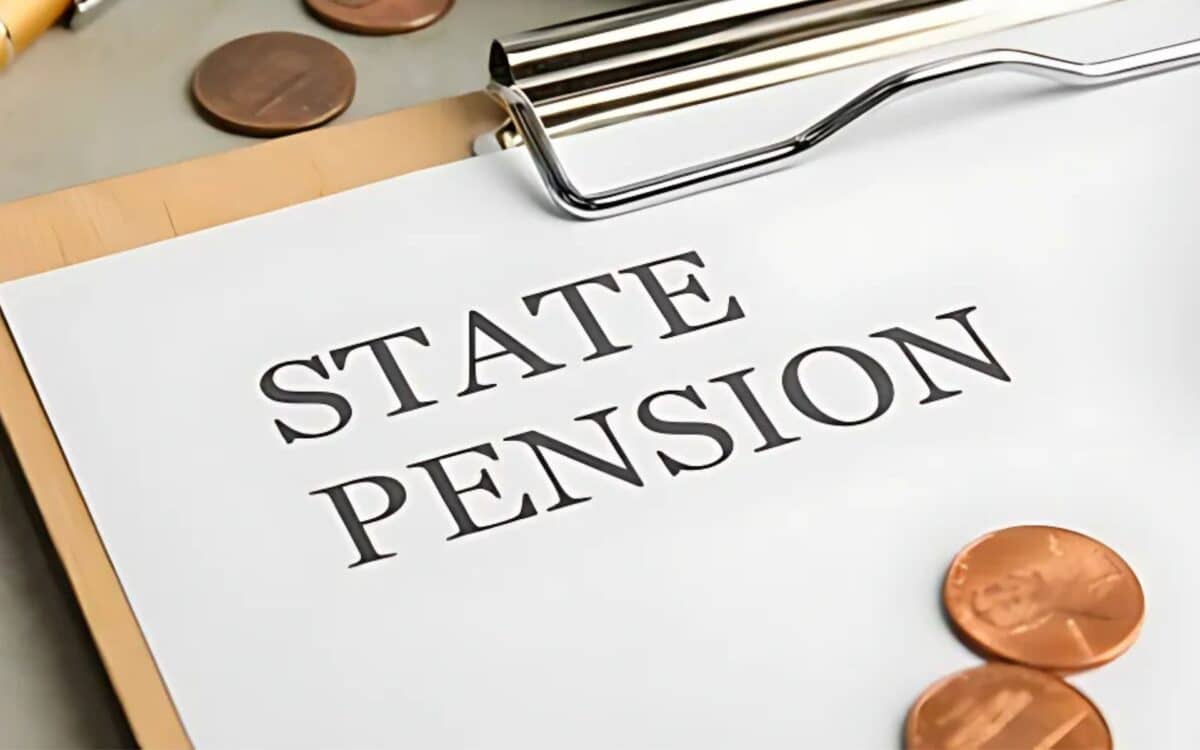A heated debate over the future of the state pension has erupted after a public petition gathered more than 12,000 signatures, demanding that the government rule out means-testing for pensioners. Many fear that future financial pressures could push policymakers toward restricting state pension eligibility based on income, making it a benefit only for those on low incomes rather than a universal entitlement.
The Department for Work and Pensions (DWP) has now issued an official response, stating that there are no plans to introduce means-testing and reaffirming its commitment to the triple lock, which ensures pension payments increase annually. However, with public finances under strain, many remain concerned about potential future reforms to the pension system.
Public Concerns: A Fight Against Means-Testing
The petition, hosted on the Parliamentary website, reflects growing concerns among pensioners and advocacy groups who fear that means-testing could erode the universality of the state pension. The petition argues that retirees should not have to prove financial need to receive payments, particularly after paying into the system for decades.
“We demand the government stop means testing pensioners, that we think is a degrading and humiliating practice. We also think the state pension should be increased,” the petition states.
Beyond the financial implications, many see means-testing as a fundamental shift in the way pensioners are viewed in society. The petition expresses frustration over the way retirees are often portrayed as a burden on public services, particularly the NHS and the welfare state.
“We believe that for too long, our elderly have been portrayed by media as merely burdens on the NHS and the modern welfare state.”
This sentiment is echoed by pensioner rights groups, who argue that state pensions should be viewed as an earned right rather than a welfare benefit. The petition goes further, comparing modern pension policies to Victorian-era inequality, where only the wealthy could afford to retire.
“In the Victorian era, retirement was often only an option for those who had accrued wealth. Are we regressing back to those Dickensian times? We believe means testing is an abhorrent practice that is demeaning and intrusive.”
DWP’s Response: No Plans for Means-Testing
In response to the petition, the DWP issued a lengthy statement, firmly rejecting the idea of means-testing the state pension. The department reaffirmed its stance that the state pension will remain available to all eligible individuals regardless of income or assets.
“The Government is committed to supporting current and future generations of pensioners and giving them the dignity and security they deserve in retirement. There is no means test for the State Pension, and this Government will never introduce one.”
This statement offers reassurance to pensioners who feared that they might have to prove financial hardship in order to receive state support. However, the broader issue of pension affordability remains a concern, with government spending on state pensions expected to rise significantly in the coming years.
The Triple Lock: A Costly but Necessary Commitment?
As part of its response, the government also reaffirmed its commitment to the triple lock, the mechanism that guarantees the state pension rises each year by the highest of:
- Inflation
- Average earnings growth
- 2.5%
“We have made a commitment to the Triple Lock for the entirety of this Parliament, which means spending on people’s State Pensions is forecast to rise by over £31 billion.”
While the triple lock has been widely praised for ensuring that pensioners do not fall behind financially, it has also been criticized as unsustainable, particularly when inflation and wage growth surge. By maintaining the triple lock even in a difficult economic climate, the government expects pensioners to see their annual payments increase by up to £1,900 by the end of this Parliament.
“Protecting the Triple Lock even in the current economic climate shows our steadfast commitment to pensioners.”
Despite this commitment, some analysts warn that future changes to the triple lock formula could still be on the table, especially as public spending pressures mount.
Winter Fuel Payments and Targeted Support
While rejecting means-testing for the state pension itself, the government has already introduced targeted support measures for other pensioner benefits, particularly the Winter Fuel Payment.
“Given the substantial pressures faced by the public finances, the Government has had to make difficult decisions to bring the public finances back under control. This includes the decision to target the Winter Fuel Payment on low-income pensioners who need it most.”
This shift suggests that while the state pension will remain universal, other forms of pensioner support could move toward a means-tested model in the future. This has led to speculation that further pension-related benefits, such as free bus passes and prescriptions, could also become means-tested in the coming years.
Government’s Long-Term Pension Strategy
The DWP’s response also outlined broader reforms designed to ensure that the state pension system remains sustainable for future generations. The new State Pension, introduced in April 2016, was designed to provide a simpler and more predictable retirement income while encouraging private savings.
“The new State Pension was introduced in April 2016 with the aim of providing a clearer, sustainable foundation for private saving.”
The current full state pension rate for 2024/25 is set at £221.20 per week, which is positioned above the Standard Minimum Guarantee level of Pension Credit. This structure aims to reduce dependency on additional means-tested benefits while still providing a safety net for those who need it.
“Removing previous savings disincentives by reducing the interaction between private pension income and means-tested benefits for those with modest incomes, has enabled pensioners to see greater benefits from their retirement savings or income.”
In addition, the government highlighted the role of workplace pension schemes, such as automatic enrolment, in helping individuals build additional savings for retirement.
“Together, the new State Pension and Automatic Enrolment to workplace savings provide a robust system for retirement provision for decades to come.”
What’s Next for the State Pension?
While the government’s response rules out means-testing for now, concerns remain about future reforms to the state pension system. As pension costs continue to rise with an ageing population, discussions around alternative funding models and potential caps on annual increases may resurface in future policy debates.
For now, pensioners can take some reassurance from the DWP’s strong stance against means-testing. However, the shift toward targeted support for other pensioner benefits suggests that changes to the broader pension landscape could still be on the horizon.









